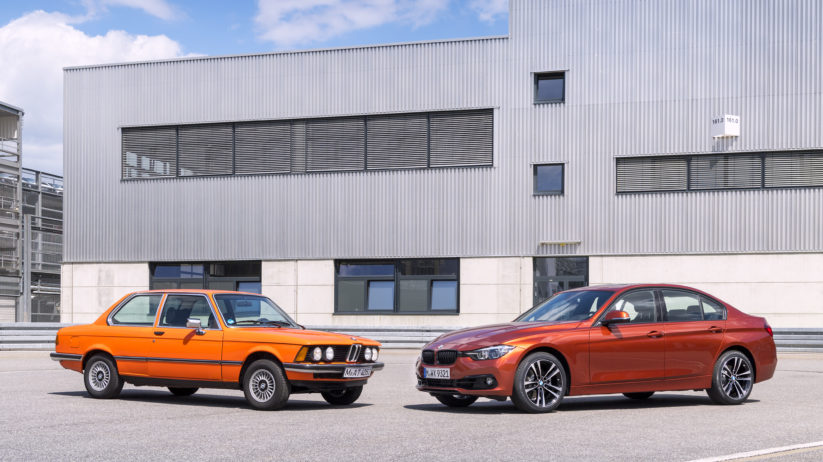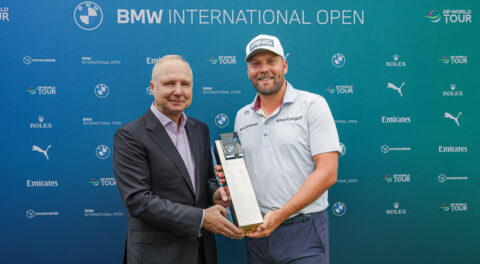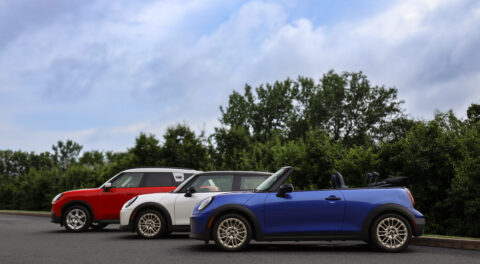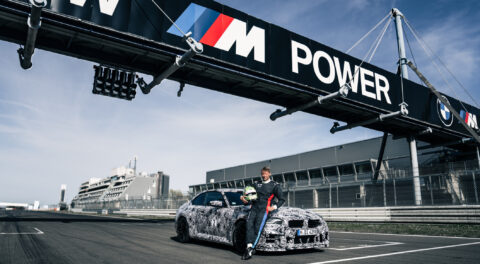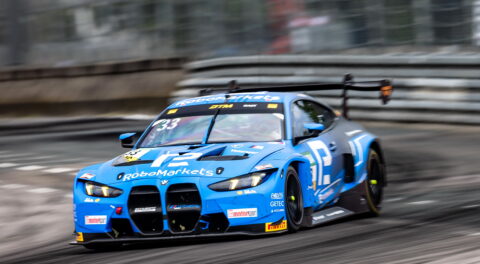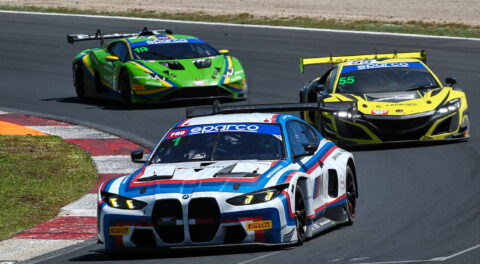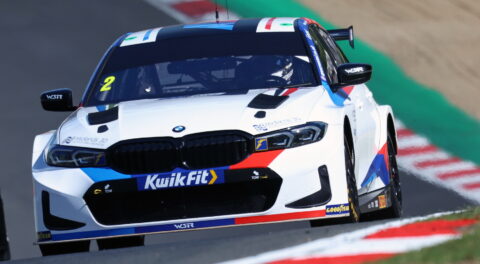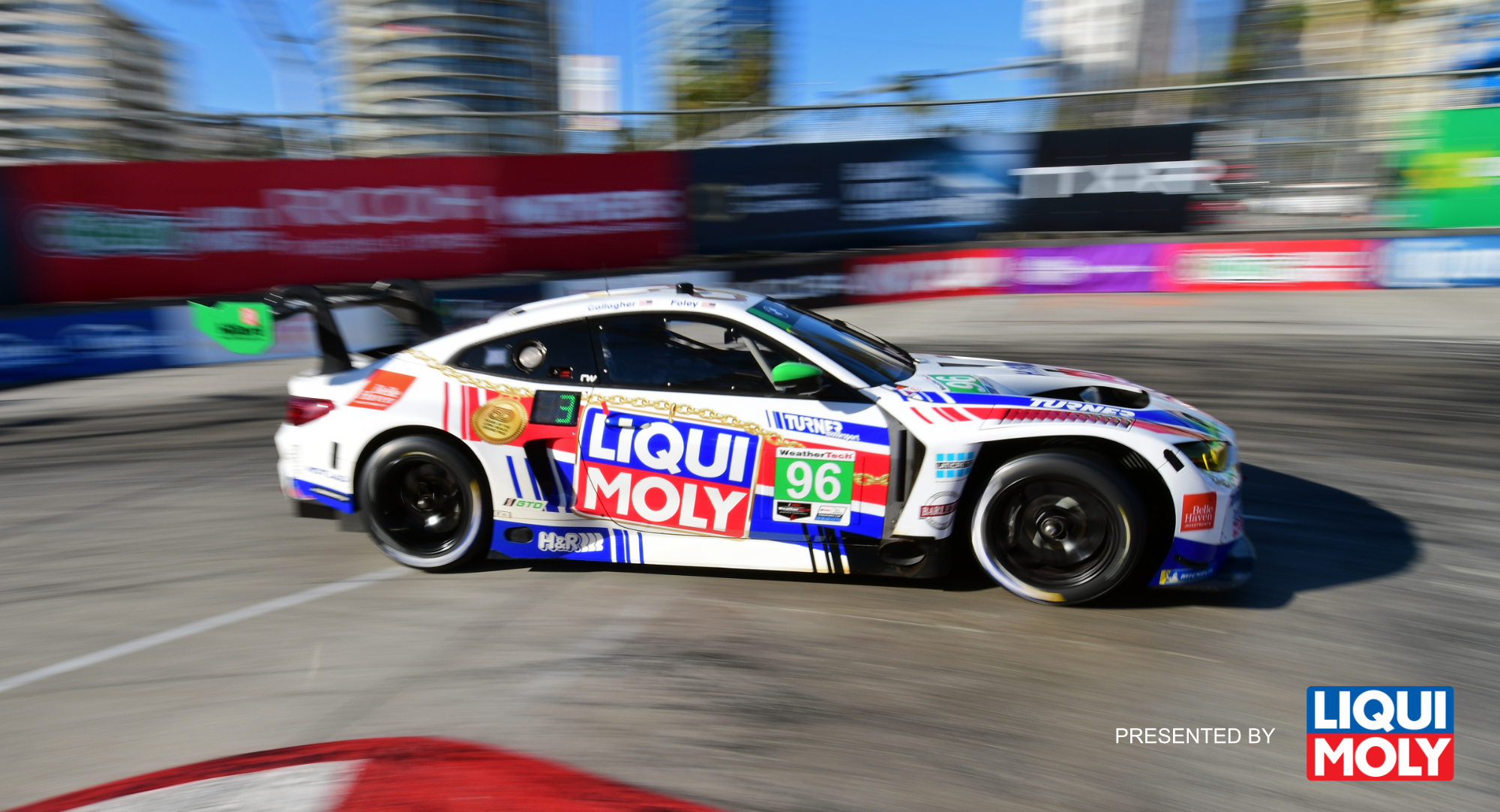A recent study by J.D. Power ranked BMW third among luxury automakers in terms of brand loyalty, trailing Mercedes-Benz by less than a full percentage point, while Lexus came in first. Brand loyalty is an important metric for carmakers, as a customer’s individual experience, and their ability to become a something of a brand ambassador in their own microcosm, is now considered far more important than say, the dealership experience, or even broader figures reflecting reliability, running costs, and residual value.
Digging into the figures, Lexus tops the list with a 47.6% loyalty percentage, followed by Mercedes with 44.2%. BMW and Porsche are essentially tied for third, with BMW scoring 43.6%, and Porsche 43.5%. Audi is in the mix as well at 43.3%, but all other luxury brands are significantly lower, with Jaguar rounding out the bottom thanks to a score of 20.6%. Study methodology included surveying car buyers from June 2018 through May of 2019, with the aforementioned scores calculated based on data that measured whether or not a customer traded in a vehicle of the same make they then proceeded to lease or purchase.
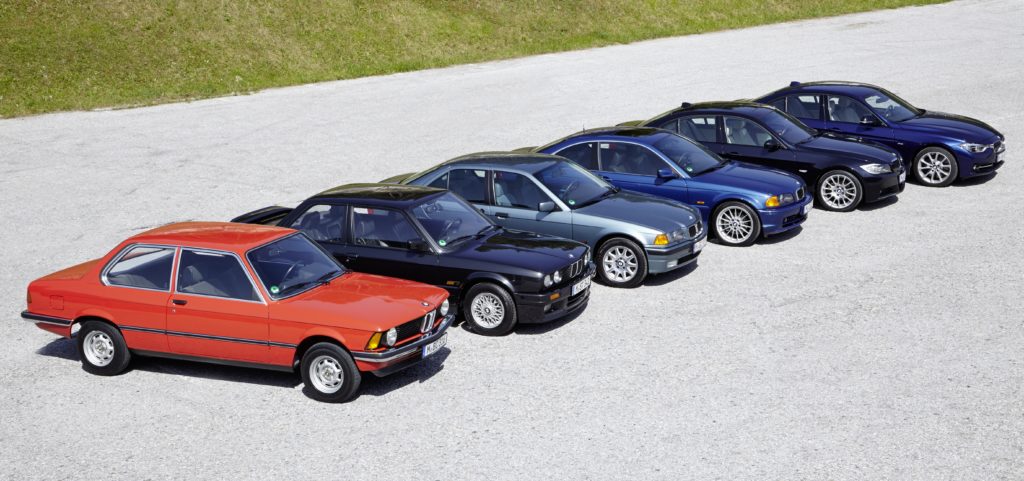
Lexus ranking near the top isn’t a surprise when you consider how the brand has branched out and grown over the past decade. Although Lexus initially took the luxury market by storm almost 30 years ago with the release of the LS400, which redefined panel gap tolerances and long term reliability, more recent forays into entry-level and performance luxury models, along with a healthy offering of SUVs, including the mid-size RX, which has been in production since 1998—longer than the X5—have helped the brand stay at the forefront of the market. Lexus owners may not come across as fanatical as the BMW or Porsche crowds, but for those desiring of something a bit upscale that’s going to last, Lexus is the way to go, and people know it.
All of the German luxury automakers essentially falling in line after Mercedes makes sense, as the world continues to move toward a future that will see more and more component and platform sharing. This will translate to automakers facing a continued struggle to differentiate their products, especially as driving itself is removed from the user experience. Of the four luxury German automakers on the list, BMW and Porsche easily retain the most diehard and dedicated following, with groups of individuals—like many in this this very Club—who have essentially sworn to always have at least one at their disposal for the rest of their life.
J.D. Power also surveyed mass market brands, and although makes like Subaru, Toyota and Honda topping the list isn’t very surprising, the individual loyalty percentages all coming in a decent bit higher than those of the luxury brands is interesting. There are number of factors this could be attributed to, as the economics of owning and operating a vehicle play a much larger role in the buying decision for conventional brands, perhaps the most obvious being that more well-heeled buyers may take a more open-minded view to their next vehicle buying decision. On the other side of the spectrum, mass market brands live and die by their value proposition, which is why makes with high reliability, durability, and long term value, like Toyota, Honda, and Subaru, rank so highly.—Alex Tock
[Photos courtesy BMW AG.]

